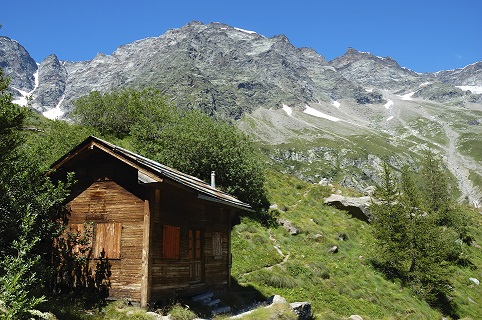 If you’ve ever been on holiday in the mountains, to go skiing or maybe mountain biking, you might have noticed that the locals have unbelievably good skin.
If you’ve ever been on holiday in the mountains, to go skiing or maybe mountain biking, you might have noticed that the locals have unbelievably good skin.
Go to a town in the Alps and you’ll notice that not only is the average citizen acne-free, but their skin is also extremely healthy and radiant. There are certainly pimples about but they’re far less common than in your average Western city.
How can this be? The answer is that your location affects several of the most important factors that lead to acne. This can happen in a wide variety of locations; sunny climates are less likely to have acne, mountainous regions are more likely to be clear-skinned, cities are likely to have more pimples, and so on.
If you live in the wrong location you could be making your acne a whole lot worse without even realising it. An example is that in certain locations, you are far more likely to be vitamin D deficient than in others, and that is very important for your skin.
Of course, I do not expect you to pack your bags and move right away, unless you are a real clear skin fanatic, but this does have several important implications.
Firstly, knowing how location affects acne will help you to judge what your specific issues are; for example, if you live in an urban area you can judge that you are far more likely to be vitamin D deficient (for reasons we will discuss).
Secondly, this will also allow you to alter your strategies depending on where you live. Not only are you more likely to be deficient in vitamin D, but living in a town makes it harder to increase levels as well, so by identifying the problem you know that you need to put extra effort into getting more sunlight.
So that you can formulate a strategy which has maximum benefit for your skin, read this list of ways in which location can affect your acne.
Factor 1 – rural areas have superior air quality
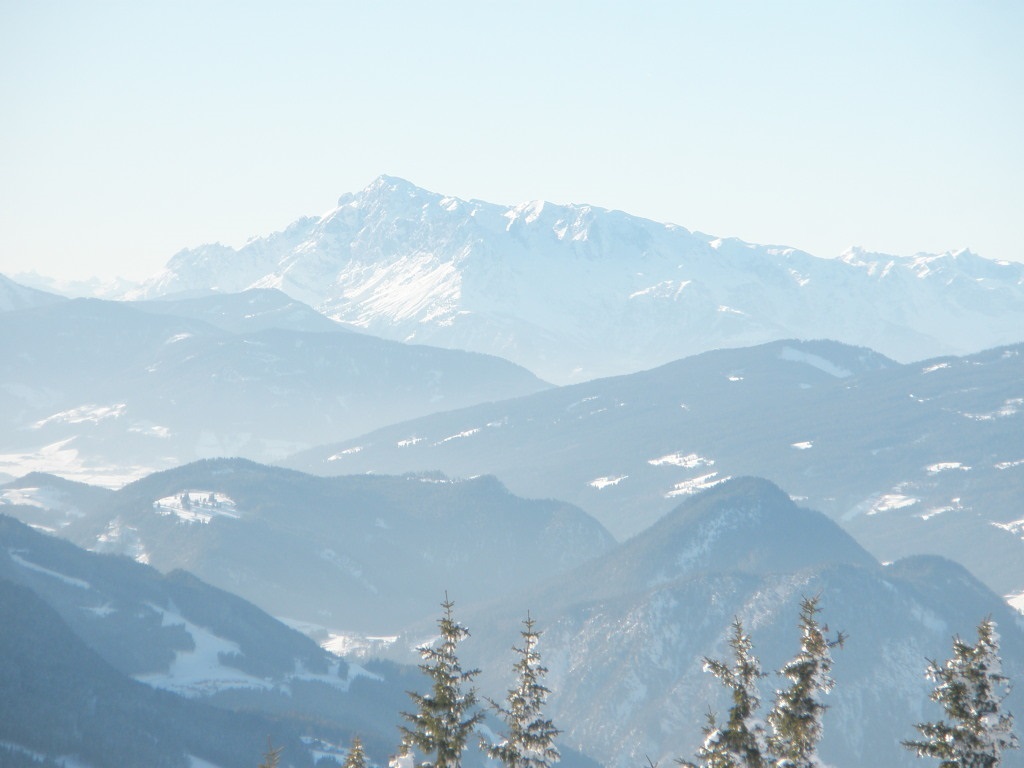 Rural areas have far less car fumes floating around the air, ready for you to breathe them in. Meanwhile, in a city, you are constantly breathing in all sorts of chemicals, which crank up your chronic inflammation levels.
Rural areas have far less car fumes floating around the air, ready for you to breathe them in. Meanwhile, in a city, you are constantly breathing in all sorts of chemicals, which crank up your chronic inflammation levels.
Thus the familiar cycle starts: your immune system is cranked up beyond belief, it launches an excessively powerful assault on acne-causing bacteria, and your pores swell up to become a pimple. Chronic inflammation is one of the two biggest causes of acne and you are more likely to suffer from it in a town.
Some might suggest that the effect from air pollution is not strong enough to massively impact the body, but studies disagree. One of them examined areas next to busy roads and found that the people there had a much higher rate of cancer and heart disease, thus showing that these car emissions are strong enough to impact health. If they are strong enough to cause cancer then we can assume that they are strong enough to cause inflammation as well.
By far the best way to avoid these car fumes is to live in a rural area. You will still be exposed to some air pollution, but the amounts will be nowhere near as high because 1) you are far less likely to be next to a busy road, and 2) the busy roads will not be as busy as those in a city anyway.
Read Annihilate Your Acne – learn to prevent acne and stop just treating it!
Just think about what a jam packed road is like in city. Half the time you can barely drive because there are so many cars and when you cross the road by walking in between them, you are blasted with a thick smell of petrol.
Meanwhile in a village, what qualifies as a busy road is more likely to only have three or four cars in sight at once, and that is during a busy time. The overall amount of car fumes in a village is likely to be many times less than a town. Mountain air is also extraordinarily clean; this is one of biggest differences you will notice in Alpine countries.
Finally, most rural areas are bursting with greenery, flowers, and a variety of other plants, many of which have the ability to absorb harmful substances from the air. This means that what little air pollution there was in the first place is quickly dealt with. Most towns and cities do have some plants, but not enough to counter the large amount of pollution from car fumes, and also the large amounts that come from factories, airports, and other sources of pollution.
The solution: if you live in a town you will need to take extra care to eliminate inflammation, so that you can handle all these extra chemicals without skin problems. If you live in a house within a city, then grow plenty of plants in your garden to absorb the toxins. It won’t make a massive difference but it is still worth doing.
Keeping plants inside will also keep your house fresh in case any pollution gets in through the window. If you are moving to a town then try to pick areas that are away from busy roads and that have plenty of greenery.
Factor 2 – rural dwellers are less stressed out
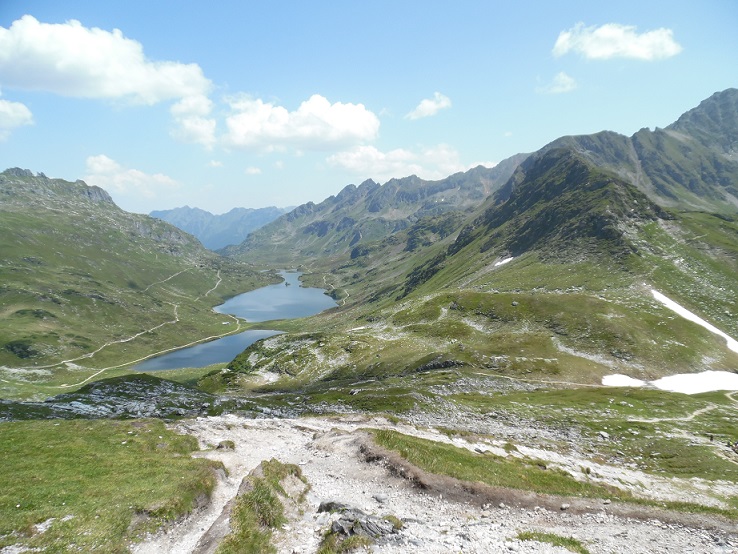 Living in a village or in the countryside will make you less stressed out for a variety of reasons.
Living in a village or in the countryside will make you less stressed out for a variety of reasons.
Firstly, rural areas are far more peaceful. Secondly, there are plenty of nice views to look at and interesting animals to interact with, which will thus boost your serotonin and lower cortisol.
Thirdly, crime is far lower, so you don’t have to live in fear of being burgled. And finally, living in a village or even town means that you have far less annoying commutes than in a city. Many workers say that the infuriatingly slow crawl of the morning commute is one the biggest sources of stress in their lives.
Most rural dwellers do have to drive to work, but when you are driving quickly all the time it is so much more fun and serotonin boosting than if you are chugging along at a snail’s pace. This article contains more information about how stress and cortisol lead to acne.
The solution: move to a rural area if you can. If you can’t and are stuck in a stressful town, then sit back and relax, and take special care not to be stressed out.
Factor 3 – your latitude affects your vitamin D
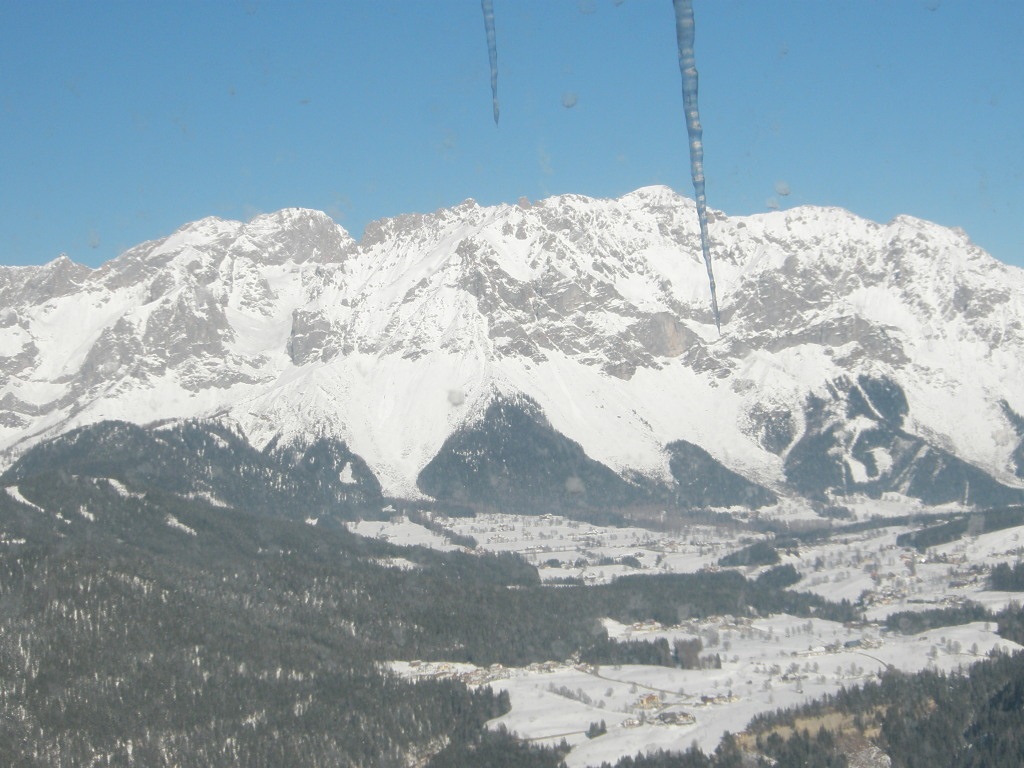 If you’re a white man living in Canada then your vitamin D is guaranteed to be lower than if you lived in Kenya. The difference is that Canada’s latitude is so much higher than Kenya’s; the lower the latitude of a country, the stronger the sunlight is and the more easily you can increase your vitamin D.
If you’re a white man living in Canada then your vitamin D is guaranteed to be lower than if you lived in Kenya. The difference is that Canada’s latitude is so much higher than Kenya’s; the lower the latitude of a country, the stronger the sunlight is and the more easily you can increase your vitamin D.
The part of the sunlight that triggers vitamin D production is ultraviolet light, and concentrations of it in sunlight are far higher at the equator for two reasons.
Firstly, because the sun shines directly overhead it has far less atmosphere to travel through; at high latitudes the sun comes in at an angle and thus there is more opportunity for the ultraviolet light to be blocked.
Secondly, the ozone layer is a lot thinner at the equator, and seeing as ozone absorbs ultraviolet light this lets a lot more of it pass through.
Also remember that if you are black, you fare even worse than white people at higher latitudes, due to the high amount of melanin in your skin. Melanin is the pigment which gives your skin its dark colour. Because melanin also blocks the effect of ultraviolet light on your skin, it is a very useful way to prevent skin cancer in the hot and sunny countries that black people came from.
The top 6 vitamins and minerals for clearing acne forever
However the same resistance to ultraviolet light also reduces the amount of vitamin D you can produce, so white skin is much more reactive to sun.
The solution: the higher your latitude the more likely it is that you need a supplement. There are many countries for which it is impossible to get enough vitamin D from sunlight; for example in Scotland the sunlight is too weak for white skin to make vitamin D all the way from October to March.
If you are black then the need for a supplement is even greater. Therefore you will need to take a supplement during the winter if you live in any of the following northern hemisphere countries: UK, Iceland, Scandinavian countries, Poland, northern Germany, the Low Countries, Russia, Canada, and northern parts of the USA. In the southern hemisphere, New Zealanders are at risk of deficiency, as are the citizens of southern South America and any stragglers than happen to be in Antarctica.
Factor 4 – Living in a town also affects vitamin D
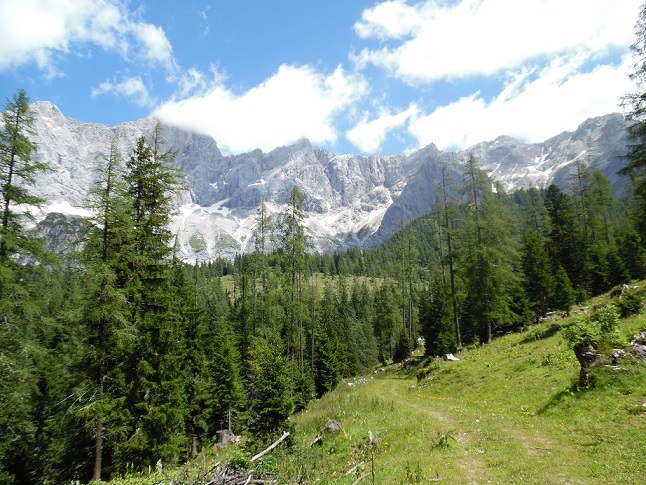 This again relates to the urban problem of air pollution. The problem is that when the air is thick with pollution such as car fumes or particulates, the ultraviolet light is blocked, similarly to how some is blocked by the natural chemicals in the atmosphere.
This again relates to the urban problem of air pollution. The problem is that when the air is thick with pollution such as car fumes or particulates, the ultraviolet light is blocked, similarly to how some is blocked by the natural chemicals in the atmosphere.
Consequently, the concentrations of UV rays that hit your skin are lower and you produce less vitamin D. One study examined 1441 children from Peru, with one group of 706 children being from a heavily urbanised city called Lima, and the rest being from a mostly rural town called Tumbes. The results showed that the children from the urban location had far higher rates of vitamin D deficiency; the rate among children from Lima was 47% whereas among children from Tumbes it was only 7%.
If you live in a heavily urban area and you spend much of your time there as well, you are thus far more likely to see improvements in your skin by increasing vitamin D.
The solution: if, for instance, you spend twenty minutes outdoors each day to get your daily vitamin D, then it is best to spend that time in an area away from busy roads, the city centre, or anywhere where the air is more likely to be polluted.
For example, instead of just sitting in the garden, you can go on a twenty minute walk in the local park. On some days you could drive out into the country where air pollution is likely to be lower.
If none of those options are available to you then it is best to take extra vitamin D supplements or to increase the vitamin D you get through food.
Factor 5 – some locations have healthier water
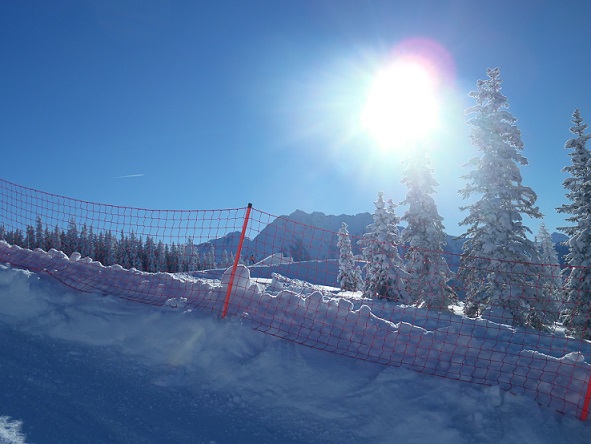 Tap water is full of all kinds of junk.
Tap water is full of all kinds of junk.
Firstly, it often contains fluoride, then there’s the pesticides and herbicides which make their way into the supply. Finally you’ve got some truly weird substances like cocaine and heart disease medication.
However this doesn’t apply to everywhere; tap water varies massively according to location. In one place your water might be fluoridated and full of rat poison, whereas one hundred miles away the water could be perfectly safe to drink from.
The solution: you need to find out how good your water is, and if it’s awful, get a water filter or get some clean and fresh glass bottled water from the supermarket.
You can easily find out how good your tap water is by finding out who your water supplier is, and then looking them up on the internet. If you find any history of poor water in your area then you’ll need to get a water filter or buy some glass bottled mineral water.
You also need to check whether your water’s fluoridated; this is done for our dental health but fluoride has been linked to acne causing problems like inflammation and hormone disruption.
Recommended – the 7 greatest natural topical treatments for acne
You can easily find that out too. Roughly 50% of US water is fluoridated, and some other countries where it is common are Australia, Israel, Canada, and Singapore.
Luckily for you if you’re a European, the vast majority of European countries have banned water fluoridation. The UK does have a fluoridation rate of 10% but you’d have to be pretty unlucky to get caught out by that.
Conclusion
The next time you move house you should bear all this information in mind. Generally it is better to live in the countryside than in a town. However if you are an urban dweller then you are certainly not doomed to acne; you just need to put more effort into certain things.
Use this information, incorporate it into your acne strategy, and your chances of clearing your acne will be greatly increased.
NEXT: read the 167 page eBook and get the ultimate diet for acne
Thanks for reading!
Hi Richard,
Great piece and to be honest there are not enough pieces which discuss environmental toxins and their correlation to acne. As someone that has suffered from mild acne, I only saw results and when i mean results, i mean 100% clear, during my travels to Europe. I have lived in Melbourne my whole life but traveling to the Ionian Islands what not only a great experience but it did wonders for my skin. I have recently returned to Melbourne for work purposes and have noticed that my skin is not looking as vibrant but i am taking precautions.
Once again, great piece and keep up the good work!
Yours truly
Theo
Thanks! Yes, environmental chemicals are a big hidden cause of acne.
Ugh I knew it. Whenever I go on holiday my skin clears up and when I move back home my skin is the same and awful again. I know it’s not stress or my diet. I knew it had something to do with where I live. -_-